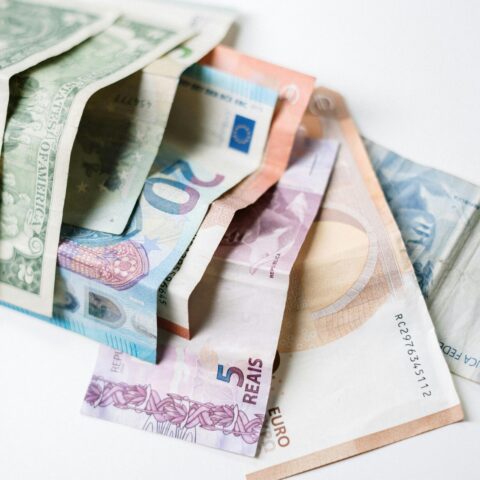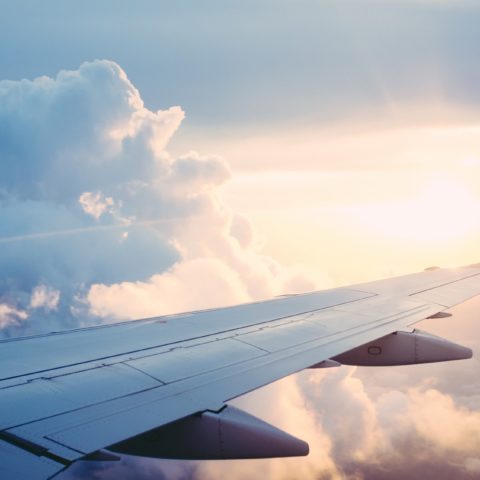News
Domestic Market Power in the International Airline Industry
We posit and empirically test the hypothesis that airlines are able to charge a fare premium in markets that originate in their domestic country relative to similar markets that originate in foreign countries. To this end, we focus on international one-stop air travel trips for which the main, intercontinental, flight legs are identical, whereas the feeder legs depart from a mixture of domestic and foreign airports. We collect a unique database of published fares for such trips and estimate reduced form fare regressions with main flight leg fixed effects. We find that trips from and to domestic airports (compared with foreign airports) are characterized by approximately 9% higher fares, even after controlling for the competitive environment and a large range of origin characteristics. These findings demonstrate that airlines have substantial domestic market power, enabling them to raise fares at their domestic airports irrespective of aforementioned market conditions. The magnitude of this domestic country premium is large relative to the traditional airport dominance premium, suggesting that the distinction between domestic and foreign origins is a crucial determinant of the degree of market power that airlines can exert in the international airline industry.
You can read this article on the website of Informs Pubs Online.
Do you have further questions about this news item?
Feel free to contact Gerben de Jong via e-mail or phone. He will respond to your questions as soon as possible.

Gerben de Jong
"*" indicates required fields




